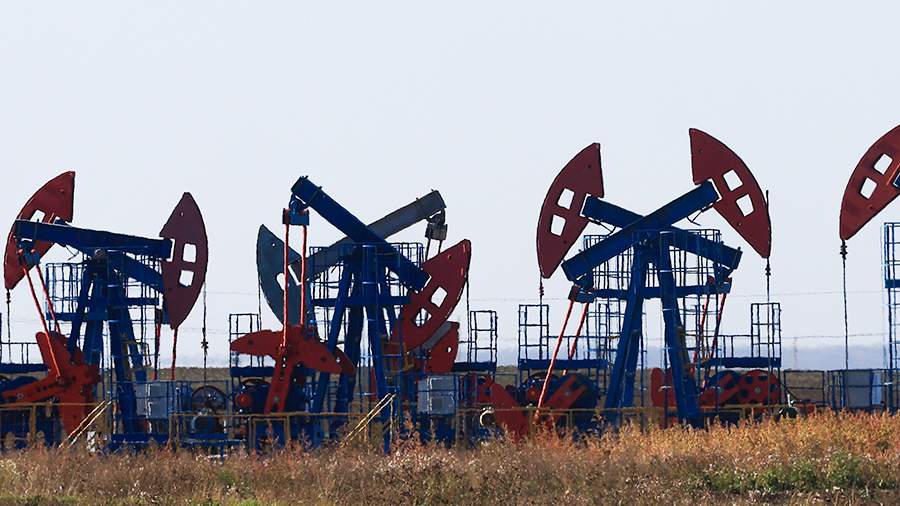The expert did not rule out a decrease in oil prices

Oil prices may drop to $65-70 per barrel by the end of 2025 as OPEC+ countries lift production restrictions. This opinion was shared by Evgeny Shatov, partner of Capital Lab, in an interview with Izvestia on March 13.
"In the baseline scenario, the oil market will be balanced in the first half of the year due to the postponement of the increase in OPEC+ production from January to April 2025. However, as restrictions are lifted, prices may drop to $65-70 per barrel by the end of the year," Shatov said.
According to him, the average spot price for Brent crude oil in February was $75 per barrel, which is $4 less than in January and $8 lower than in February 2024.
The decline in prices in February this year was driven by concerns about economic growth related to the potential imposition of new tariffs by the United States and retaliatory measures by its trading partners.
On February 1, US President Donald Trump signed a decree imposing trade tariffs on imports from Canada, Mexico and China. However, the deadline for the introduction of tariffs on most goods from Mexico and Canada has been postponed until early April, so their impact has not yet been reflected in the forecasts.
The expert also pointed to other factors putting pressure on oil prices: a global slowdown in oil demand due to problems in leading economies, expectations of lower trade due to new tariff restrictions, and an increase in oil supply from non-OPEC+ countries.
"In the spring of 2025, oil prices are likely to remain subject to high volatility, but in the baseline scenario, Brent will be in the range of $70-75 per barrel, and WTI will be in the range of $65-70 per barrel," the expert added.
He also noted that the gap between Brent and WTI prices, which is usually $2-5 per barrel, may narrow with an increase in shale oil exports from the United States.
"Any forecasts require regular review in the context of a rapidly changing global agenda. Global oil markets will remain relatively tense until the middle of 2025, and then there will be a gradual transition to increasing reserves towards the end of the year," the expert stressed.
A reduction in global oil reserves is expected in the second quarter of 2025, partly due to lower production in Iran and Venezuela.
Earlier, on February 3, Russian Deputy Prime Minister Alexander Novak said that the situation on the global oil market is stable. Demand is growing, and by the end of last year it increased by about 1.5 million barrels.
Переведено сервисом «Яндекс Переводчик»

